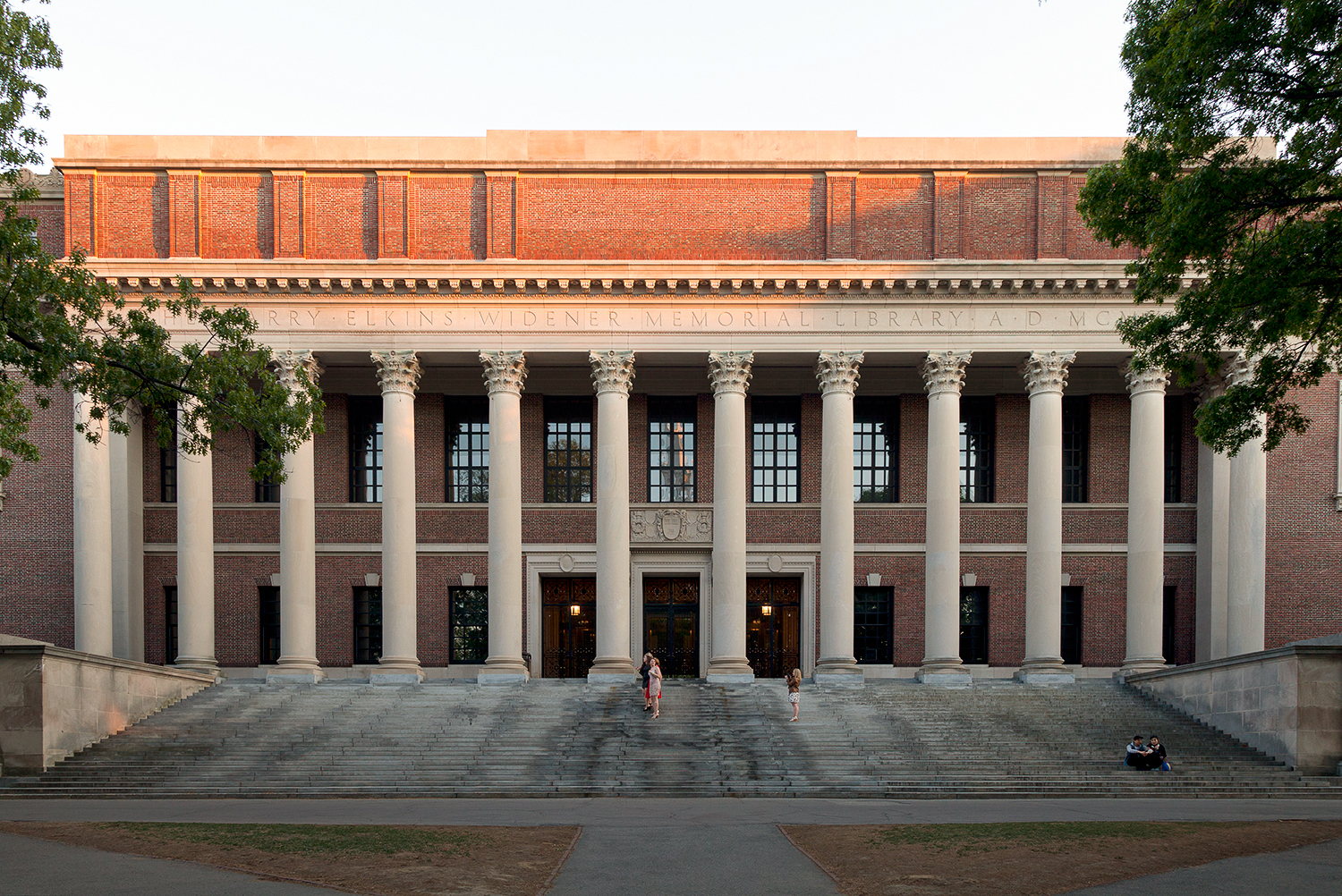
Wikimedia Commons
University President Peter Salovey and leaders of other colleges presented Harvard President Lawrence Bacow with the Legend in Leadership Award, which honors chief operating officers who have had a significant impact on their communities.
The administrators presented Bacow with the award at the fifth annual Yale Higher Education Leadership Summit, which took place at Yale on Jan. 29 and featured top university administrators, faculty and CEOs from around the country. According to a press release from the School of Management — which hosted the event — Salovey joined the presidents of Wellesley College, New York University and Dartmouth College in presenting Bacow with the prize for his “unsurpassed record of educational leadership,” according to Jeffrey Sonnenfeld, senior associate dean for leadership studies at SOM.
“I was honored to receive this award,” Bacow said in a statement to the News. “It was especially meaningful to be recognized by four of my peers, each of whom I hold in such high regard. The conversation throughout the day was interesting and timely. I always learn something when I get together with my colleagues from throughout higher education.”
After completing his undergraduate economics degree at the Massachusetts Institute of Technology, Bacow earned three degrees from Harvard: a juris doctorate, a master’s in public policy and a doctorate degree. He then taught on the faculty at MIT before moving to Tufts, where he served as president from 2001 to 2011. He then held appointments at the Harvard Kennedy School of Government’s Center for Public Leadership and the Harvard Graduate School of Education before succeeding Drew Gilpin Faust — Harvard’s 28th president — in 2018.
In a statement to the News, Salovey wrote that it was “a pleasure” to see Bacow honored once again on campus. Last year, Yale awarded Bacow an honorary doctor of social science degree.
“It was an honor to join my distinguished colleagues to present our friend Larry Bacow the Legend in Leadership Award,” Salovey wrote. “A scholar of environmental studies, economics, law and public policy, Larry has devoted his career to higher education. I can think of very few people who possess his depth and breadth of experience, and few who have led with such distinction.”
Sonnenfeld, who organized the summit, told the News that the event was originally meant to bring together CEOs from major companies from across the world and create a “school for the boss,” allowing businessmen to continue learning actively even after college.
Over time, the roster of the forum grew to include higher education leaders and government officials. Sonnenfeld added that the summit was set up so that attendees could take the role of the learner — sitting in the terraced desks of the SOM classrooms where students usually sit.
“This forum is the nation’s first (and only) genuine peer driven learning with candid, informal exchanges for presidents of institutions across all categories,” Sonnenfeld wrote in an email to the News. “From old and young, large and small, Ivy league universities; HBCUs; premier research schools, prestigious liberal arts colleges, regional educational pillars, state universities, community colleges, etc.”
Past winners of the prize have included retired U.S. Army General Colin Powell and former Chair of the Federal Reserve Janet Yellen. According to Sonnenfeld, previous laureates nominate future winners for the award. Once a candidate is nominated, Sonnenfeld said, administrators of the award review the nominees’ records to “make sure that it’s right for Yale to stand behind such a person.”
Other attendees at the Jan. 29 meeting included former Yale President Richard Levin and CEO of the Anti-Defamation League Jonathan Greenblatt, according to the event brochure. While some leaders traveled from beyond the East Coast to attend — for example, the president of Texas Tech — local administrators also took part, including the presidents of the University of New Haven and Southern Connecticut State University.
While the exact details of the meeting are kept confidential so that university leaders and CEOs can speak candidly, Sonnenfeld described highlights of the summit to the News. For example, the attendees discussed the importance of offering higher education to those beyond typical age ranges through online courses and certificate programs.
Attendees also heard case studies about institutions that have dealt with crises, including a “financial crisis” at Bennett College in North Carolina. Other topics included fostering a sense of belonging for university students and the economic ties between state governments and universities.
The Yale School of Management opened its doors in 1976.
Valerie Pavilonis | valerie.pavilonis@yale.edu







